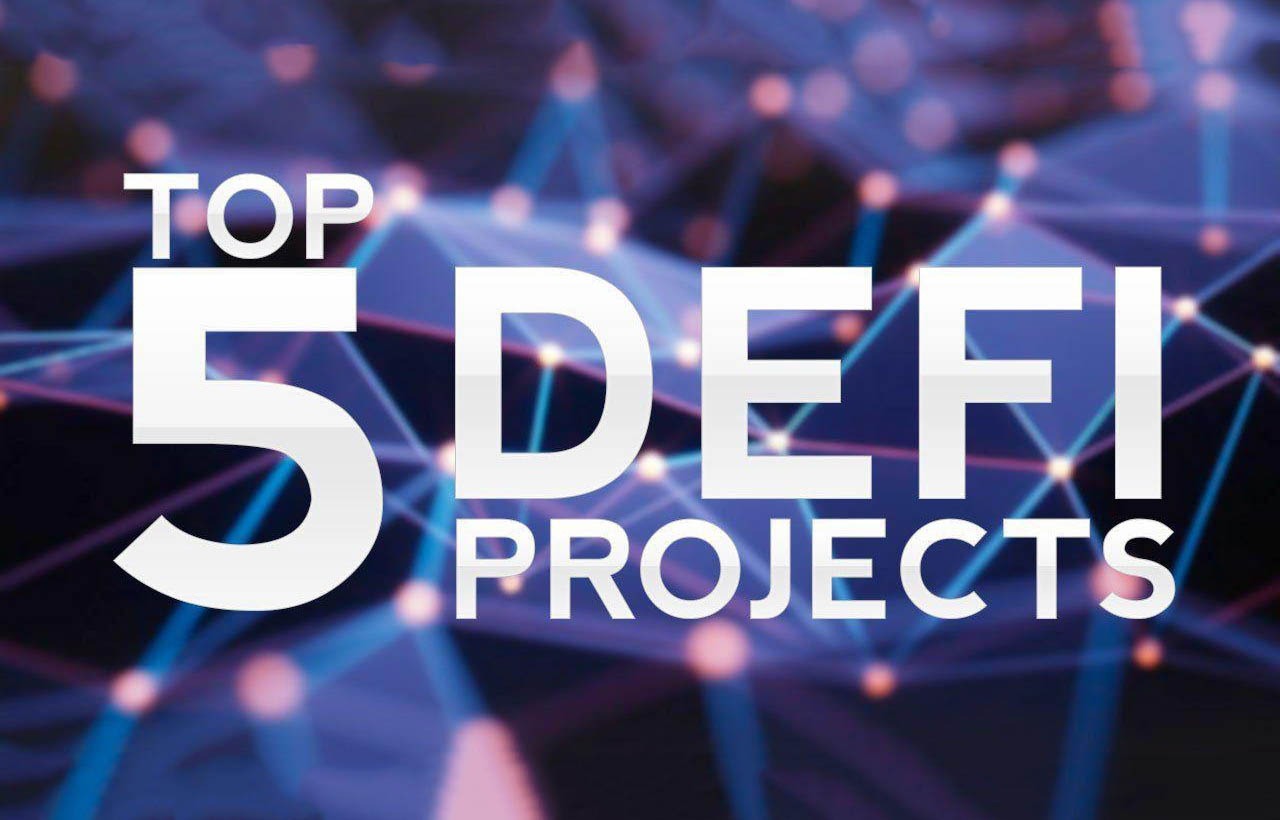DeFi , or decentralized finance , is an ecosystem of financial instruments and applications built on blockchains such as Ethereum.
Unlike traditional financial systems, DeFi does not rely on intermediaries such as banks or exchanges. Instead, transactions are carried out directly between users using smart contracts — self-executing software codes written on the blockchain.
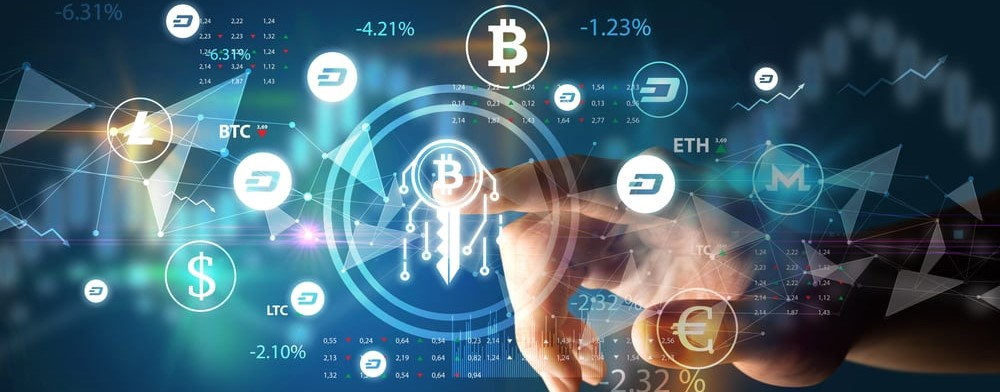
Key Benefits of DeFi
- Accessibility: DeFi applications are accessible to anyone with internet access.
- Transparency: All transactions in DeFi are recorded on the blockchain, ensuring their transparency and immutability.
- Lower Fees: DeFi applications typically have lower fees than traditional financial services.
- Innovation: DeFi is constantly evolving, with new applications and tools emerging.
DeFi Earn Financial Services
DeFi Earn is a category of decentralized financial services that allows users to earn income on their crypto assets through various mechanisms available in decentralized finance (DeFi) protocols. This may include the following features:
- Staking : Users can earn interest on their cryptocurrency assets simply by holding them on the network and keeping it running. This process is known as staking, and it allows users to earn rewards for supporting the network.
- Liquidity Mining : Providing liquidity to decentralized exchanges ( DEX ) and earning rewards for doing so. Participating in a liquidity mining program allows users to earn reward tokens or interest on their provided crypto assets.
- Yield Farming : Earn money by lending or borrowing cryptocurrency through decentralized lending protocols. Users can earn interest on their borrowed funds or receive rewards for contributing to the protocols’ liquidity.
- Decentralized Asset Management (DAO) Participation : Earn through participation in the governance of decentralized asset management organizations (DAOs), where users can earn rewards for voting and participating in fund allocation decisions.
Some risks associated with DeFi

- Volatility: Risk inherent to all cryptocurrency owners. Prices can change rapidly, which can lead to losses.
- Hacking: DeFi applications are vulnerable to hacking attacks, just like any other online system. Recent incidents have shown that hackers can steal significant amounts of funds from DeFi protocols.
- Scams : There are many fake DeFi scam projects out there, so it is important to do thorough research before investing.
- Smart Contract Bugs: Bugs in smart contract code can be exploited by hackers to steal funds. It is important to be aware of these risks and only use proven DeFi protocols.
Security measures for working with DeFi
Decentralized finance (DeFi) has gained immense popularity in recent years, offering users a wide range of innovative financial instruments and services.

However, unlike traditional financial systems, DeFi is based on blockchain technology , which gives it its own unique security features.
Defi and Smart Contracts
Smart contracts are code that runs on a blockchain. They automate the execution of transaction terms without the need to trust intermediaries. DeFi uses smart contracts to create various financial instruments and services on the blockchain.
Smart contracts are used to automate the trading process between users without the need for a centralized exchange. This allows users to exchange cryptocurrencies directly, bypassing intermediaries and reducing fees.
Smart contracts enable the creation of decentralized lending protocols that allow users to lend or borrow cryptocurrency against other crypto assets, opening up access to credit to those who do not have access to traditional financial institutions.

It is important to note that while smart contracts provide automation and transparency, they are also prone to vulnerabilities, so security and careful auditing of smart contract code are key in DeFi.
Storing assets in Defi wallet (DeFi Wallet)
You can choose to store your DeFi assets in a cold wallet (not connected to the internet) or a hot wallet (connected to the internet). Cold wallets are generally considered more secure as they are not exposed to online threats, while hot wallets provide easier access to funds.
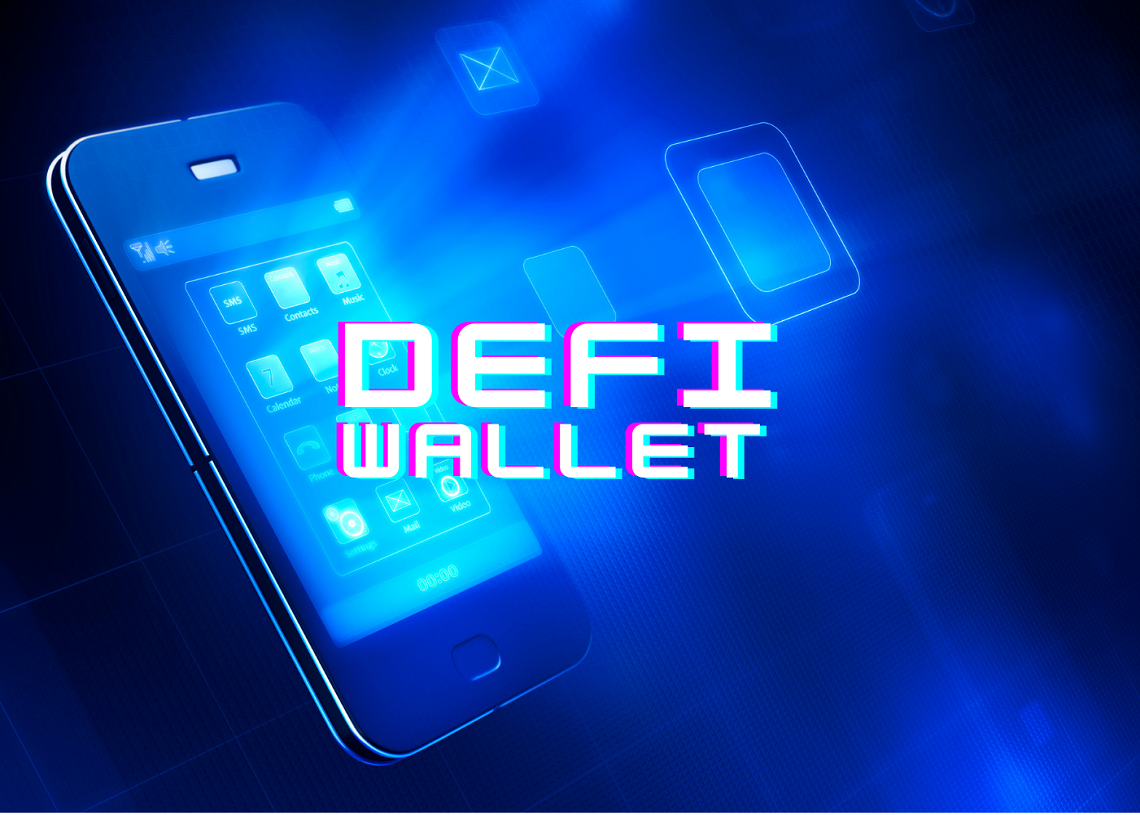
It is important to create reliable backups of your keys and store them in a safe place. This will help you regain access to your assets if your master keys are lost or damaged. Never share your private keys or recovery phrases with anyone else.
Before using a wallet, make sure it has been thoroughly tested and audited for vulnerabilities. This will help ensure that your funds are protected from potential attacks.
Be careful when using the Internet to avoid phishing attacks and other types of fraud. Never enter your private keys or recovery phrases on untrusted or suspicious websites.
In this article, we will look at five cryptocurrencies in the decentralized finance ( DeFi ) sector. Economic indicators are given at the time of writing.
1. Aave (AAVE)
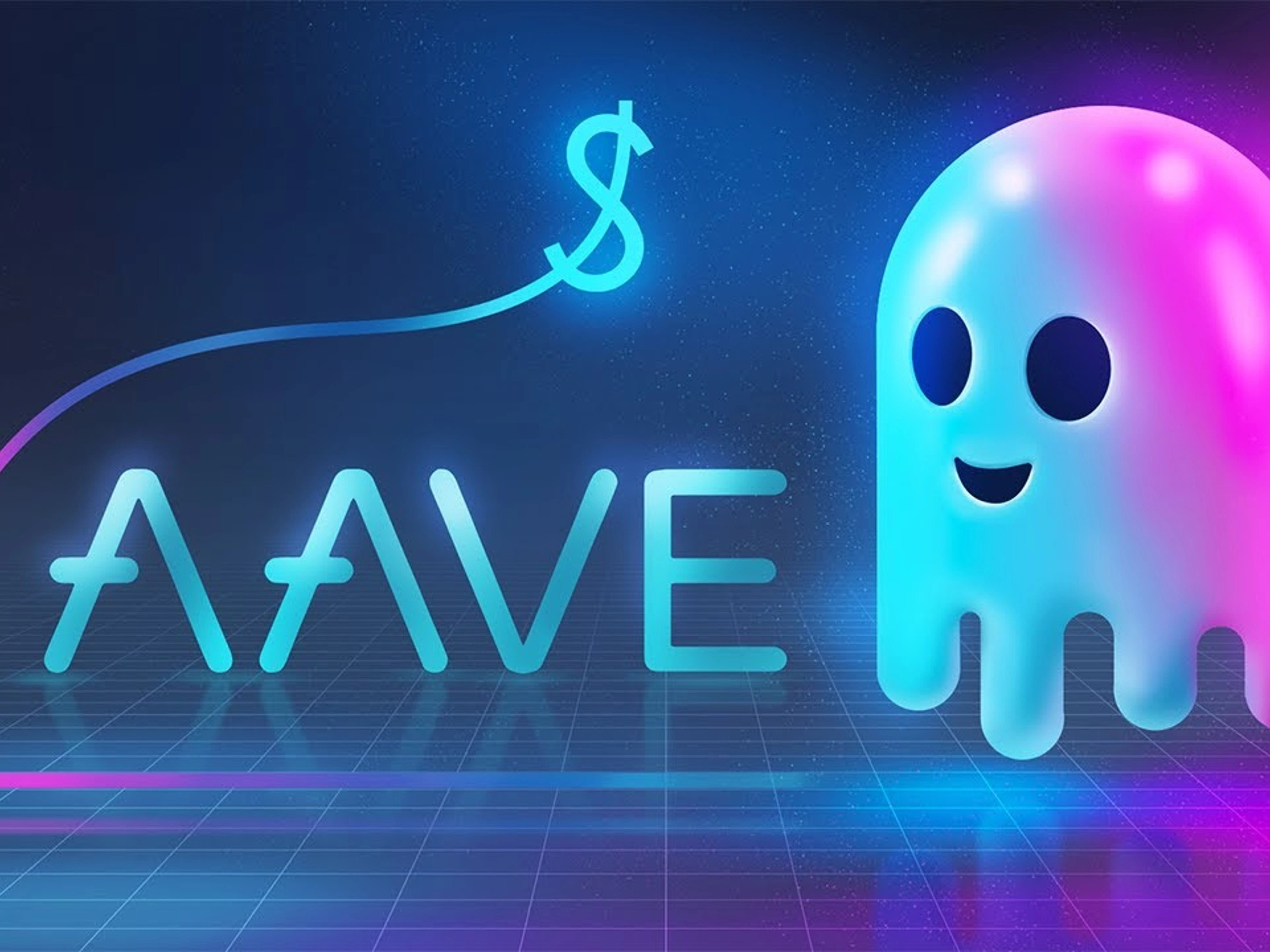
The Aave token (AAVE) is the key asset of the Aave decentralized financial platform, which provides lending and borrowing services based on the Ethereum blockchain technology. Aave allows users to invest their digital assets in smart contracts and earn interest rates for it, or take out loans using their crypto assets as collateral.
The AAVE token serves several functions in the Aave ecosystem. First, it is used to govern the protocol, allowing token holders to vote on important proposals and protocol changes. It also serves to incentivize participation in the network through staking mechanisms and discounts on the platform.
AAVE is also used as a means to secure the protocol. AAVE holders can use their tokens as collateral to secure the platform and earn rewards for their participation.
With the growing interest in decentralized finance (DeFi) and the growing popularity of the Aave platform, the AAVE token continues to attract the attention of investors and users.
Key economic indicators of AAVE
- Price: $95,3100 USD
- Market cap: $1.40 billion USD
- Market Cap Rank: 58th
- Price change in 24 hours: -1.20%
- Volume in circulation: 14,807,465 AAVE
- Total supply: 16,000,000 AAVE
- Peak Market Cap: $1.41 billion USD (when fully issued)
2. Uniswap (UNI)

The Uniswap token (UNI) is the native cryptocurrency of the Uniswap decentralized exchange, which is based on Ethereum technology. It was released in September 2020 and became a means of governance and voting for decisions in the Uniswap protocol system. UNI token holders have the right to vote on proposed protocol changes and the distribution of funds from the development fund.
UNI is also used to incentivize participation and provide liquidity on the Uniswap platform. Users can earn UNI for providing liquidity to cryptocurrency pairs on the exchange, which helps the protocol function and provides access to decentralized asset exchange services.
Like many other DeFi tokens, UNI is subject to price volatility and depends on the activity and interest of participants in the Uniswap platform. However, given the growing interest in decentralized finance (DeFi) and the significant influence of Uniswap in this sector, UNI remains one of the key tokens in the Ethereum ecosystem.
UNI Key Economic Indicators
Price: $6.09 USD
Market cap: $885.74 million USD
Market Cap Rank: 81st
Price change in 24 hours: -0.48%
Volume in circulation: 146,770,834 UNI
Total supply: 1,000,000,000 UNI
Peak Market Cap: $912.13 Billion USD (when fully issued)
3. Compound (COMP)
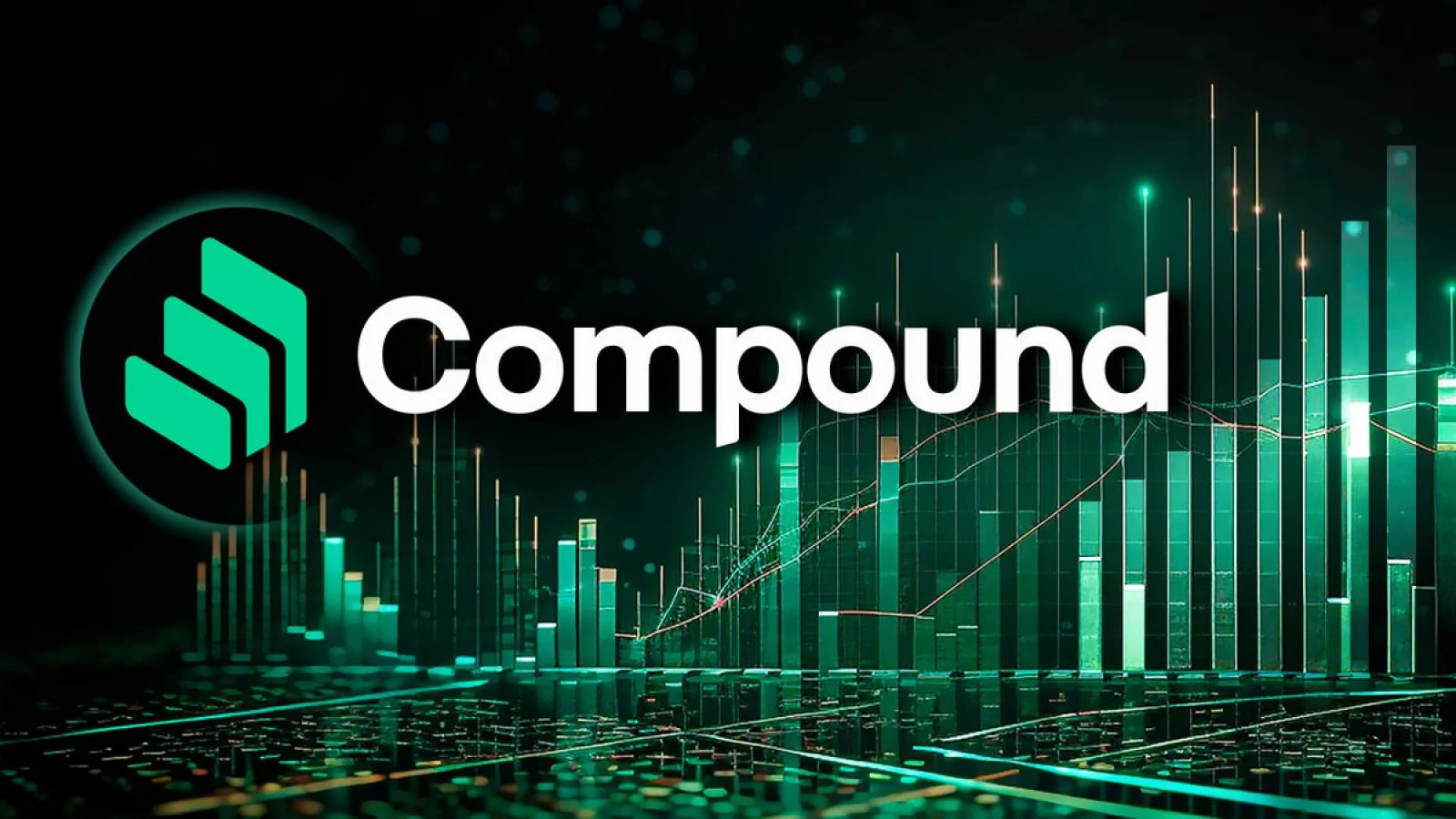
The Compound token (COMP) is the key asset on the decentralized financial platform Compound. This protocol allows users to earn interest on their digital assets or borrow cryptocurrency using their assets as collateral.
COMP is issued to incentivize participation in the protocol. Token holders can vote on protocol change proposals and manage its development. COMP is also used to reward users who provide liquidity on the platform and can be used as collateral to secure the protocol.
The COMP token has significant influence on the decentralized finance (DeFi) ecosystem, and its price and demand are directly dependent on activity on the Compound platform and the overall interest in DeFi among cryptocurrency users.
Key economic indicators COMP
Price : $107.79 USD
Market cap: $1.56 billion USD
Market Cap Rank: 53rd
Price change in 24 hours: 0.42%
Volume in circulation: 14,568,112 COMP
Total offer: 10,000,000 COMP
Peak Market Cap: $1.72 billion USD (when fully issued)
4. Maker (MKR)
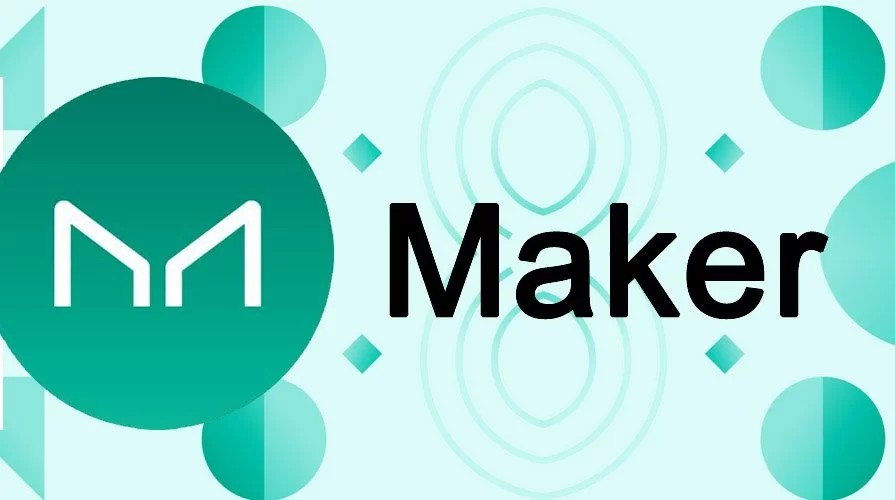
The Maker token (MKR) is the key asset on the MakerDAO platform, one of the most well-known and important protocols in the decentralized finance (DeFi) ecosystem. MakerDAO provides the ability to create and manage sustainable cryptocurrency tokens, such as Dai, that are stable and pegged to real assets or rates.
The MKR token has several key functions. First, it is used to vote and govern the MakerDAO protocol. MKR holders can vote on proposals and protocol changes, as well as make strategic decisions regarding asset management and system parameters.
In addition, MKR also plays a role in maintaining the stability and security of the protocol. MKR holders can use their tokens as collateral to stabilize the price of Dai and also to ensure the security of the system.
The MKR token is a key element of the DeFi ecosystem and is widely used in various protocols and applications. Its price and demand depend on the activity and success of the MakerDAO platform, as well as the general interest in decentralized finance.
MKR Key Economic Indicators
Price: $1505.97 USD
Market cap: $2.22 billion USD
Market Cap Rank: 37th
Price change in 24 hours: 3.12%
Volume in circulation: 1,475,104 MKR
Total offer: 1,000,000 MKR
Peak Market Cap: $2.23 billion USD (when fully issued)
5. SushiSwap (SUSHI)
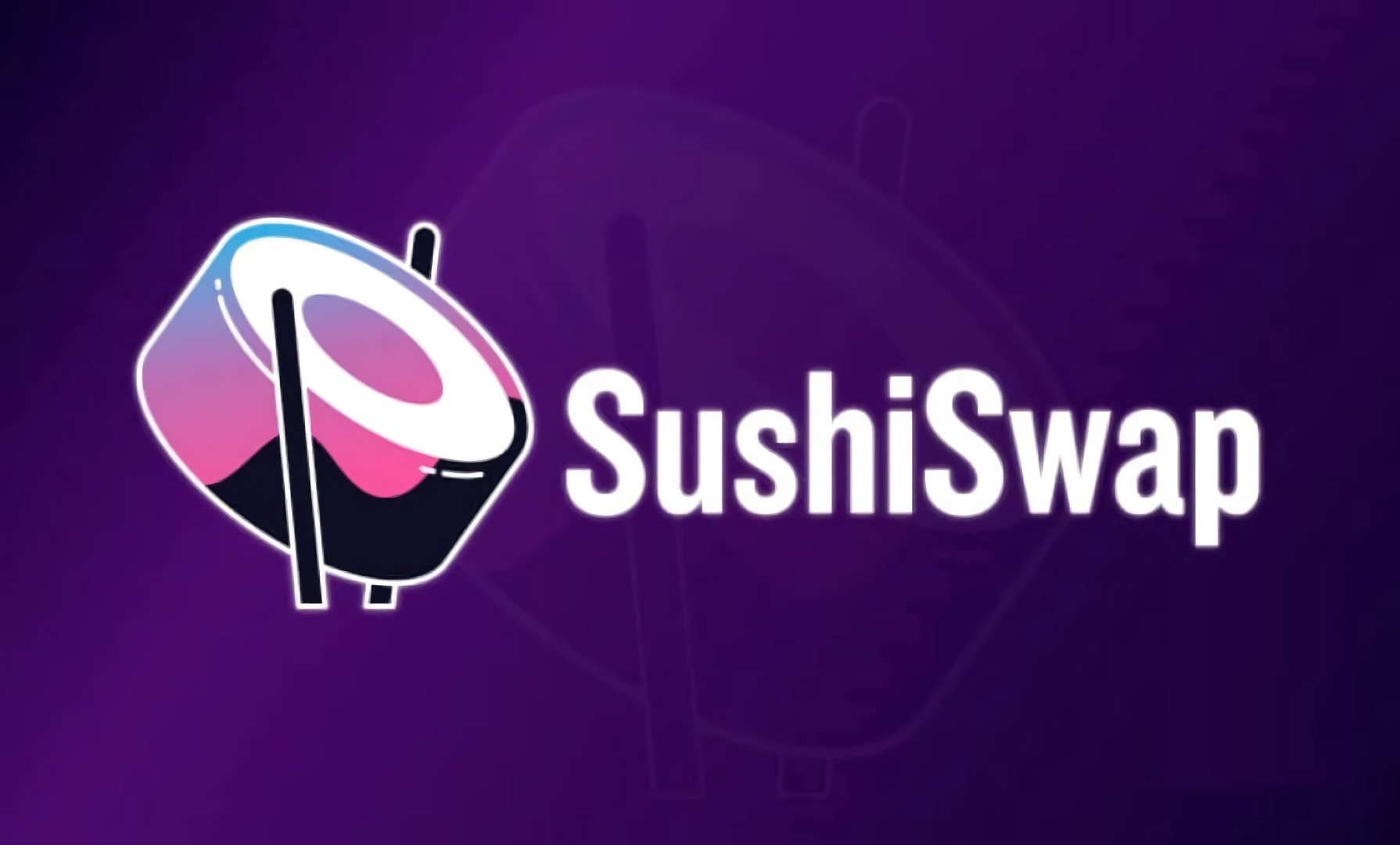
The SushiSwap token (SUSHI) is the key asset of the decentralized financial platform SushiSwap, which is a fork of the Uniswap protocol. SushiSwap provides asset exchange and liquidity services using Ethereum technology.
SUSHI is issued to incentivize participation and provide liquidity on the platform. SUSHI token holders can earn rewards for providing liquidity to cryptocurrency pairs on the exchange. In addition, SUSHI is also used to vote on proposals and changes to the SushiSwap protocol.
Over time, SushiSwap has expanded its ecosystem to include additional features and products such as lending and borrowing. The SUSHI token plays a key role in the governance of these products and the development of the platform.
The SUSHI token is subject to price volatility depending on activity on the SushiSwap platform, interest in decentralized finance, and overall cryptocurrency market dynamics.
Key economic indicators of SUSHI
Price: $6.49 USD
Market cap: $928.37 million USD
Market Cap Rank: 85th
Price change in 24 hours: -0.93%
Circulating supply: 143,015,603 SUSHI
Total offer: 200,000,000 SUSHI
Peak Market Cap: $1.32 billion USD (when fully issued)
Some tips for investing in DeFi tokens
Investing in DeFi tokens can be high-risk, but if done correctly, it can also present significant opportunities for capital growth. Here are some tips for investing in DeFi tokens:
- Understand the risks: The first step in investing in DeFi tokens is to understand the risks. Decentralized finance can be subject to high price volatility, as well as technical and security risks.
- Research projects: Conduct thorough research before investing. Read the project’s white paper, study the development team, its technological features, existing partnerships and other information that may affect the success of the project.
- Diversify your portfolio: Investing in multiple DeFi tokens can help reduce risk and increase your chances of success. Diversity in your portfolio can include tokens from different protocols, with different features and characteristics.
- Follow trends and news: Stay up to date with the latest news and trends in the DeFi sector. This can help you make informed investment decisions and understand what projects are in the spotlight in the community.
- Keep Security in Mind: Keep your crypto assets safe by using trusted wallets and taking precautions when dealing with decentralized exchanges and protocols.
- Participate in the community: Join the community of DeFi projects, participate in discussions, and follow updates. This can help you stay up to date with the latest developments and improve your understanding of the market.
And of course, remember that investing in cryptocurrencies always involves the risk of losing capital, so invest only what you are willing to lose and do not forget about your financial security.
Автор Alex Smith
Имеет профессиональную подготовку в области микроэлектроники и аппаратного программирования, а также более 30-ти лет опыта работы с системами обработки и передачи данных, включая оборудование для майнинга криптовалют. Готовя материал для читателей блога BuyCrypt успешно применяет свой обширный технический бэкграунд для максимально точной передачи смысла материалов с используемых источников.
